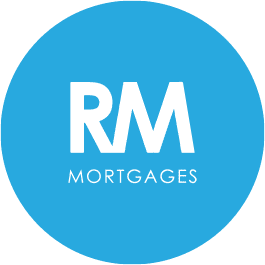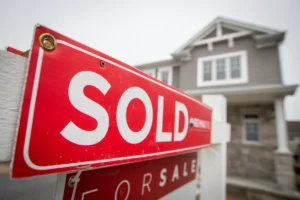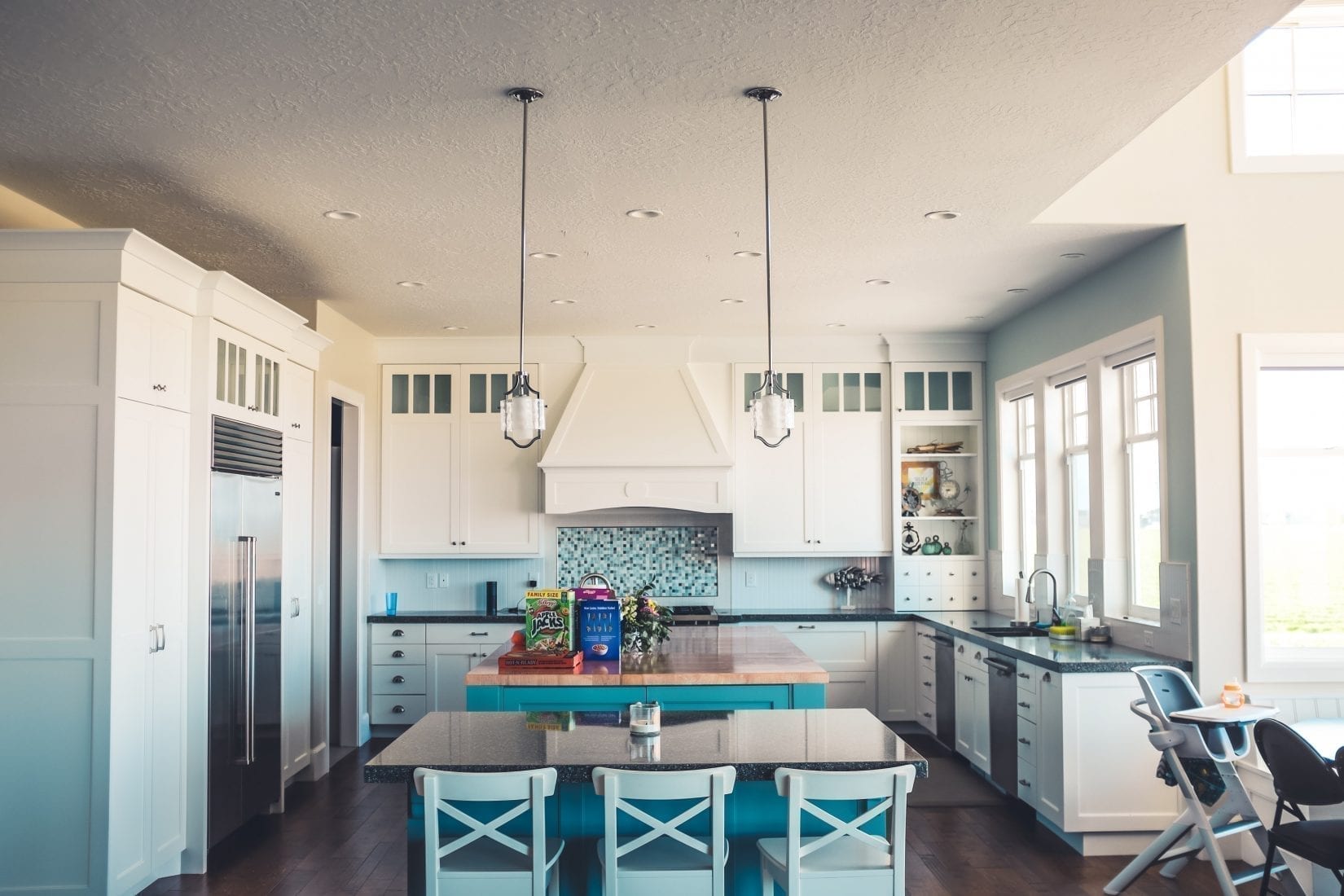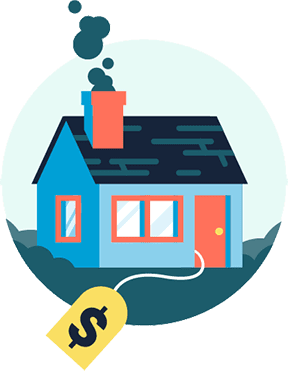Wouldn’t it be nice if we could just roll into a brand new home, put an offer on the house, sign the paperwork and call it a day? If only it were so easy! However, applying for a Kelowna mortgage doesn’t have to be hard when you plan for it ahead of time. If you’re a first time home buyer, taking little steps can go a long way to finding the house of your dreams! Before speaking with a broker, consider our points below to ensure your process is as smooth as possible!
Save Money!
Saving money to purchase a home is the first thing you should do when looking to invest in real estate. Your broker is going to look at whether or not you have enough saved for your down payment (which is 5% for first-time buyers). It’s always best to put down more than the required amount which will help with lowering monthly costs and setting a monthly budget plan. If possible, try opening up another account strictly for down payment savings to avoid home purchase delays. When the lender assesses your application, they’ll look at the last 2 months of statements and question any transactions made within that time period. By ensuring you have your down-payment at least two months before you inquire about real estate financing, you should be in the clear.
Protect your Credit Score
Before heading to a broker to inquire about rates, how is your credit score? This is an important thing to know before starting the application process as it’s one that could make or break your success. If you have credit card debt, a high vehicle loan, student loans, or any other debts active on your credit report, attempt to pay these items down or completely off before applying for a mortgage. This will make you a more desirable candidate to the lender.
Know Which Rate to Apply For
Do your research between fixed vs. variable rates and decide which type works best for you. Both are vastly different and come with their own unique set of benefits. To give you a quick glance on the difference between the two, choosing a fixed rate stays the exact same for your entire term making budgeting easier as there’s no unexpected rate increases. Looking into a variable option? Make sure you can afford potentially rising rates. People tend to choose this route because they could end up saving money by the end of the term if the rate ends up decreasing. In the end, it’s all about what you can afford each month. If you can’t afford a curve-ball in your monthly expenses, a fixed rate may be the best option as a first-time home owner. Talk to us and we can help you make an informed decision.
Know How Much you can Afford
It’s good to have a forecasted budget before committing to a house purchase. Come up with a financial plan and decide what you’re willing to spend each month on house payments, insurance, utilities, groceries and day to day spending. Know what you can afford, especially prior to beginning your house-hunt. This will keep you on track and on budget.
Purchasing a home isn’t something that happens overnight. It takes planning, budgeting and saving. But remember, you don’t have to carry the weight of the stress all on your own. People like us are here to help during one of the most important buying decisions of your life! Whether you’ve already taken these steps and are ready to begin the real estate process or if you need some guidance on how to prepare, contact us! We’re more than happy to lend our expert knowledge when it comes to the necessary steps on how to successfully buy your first home.












